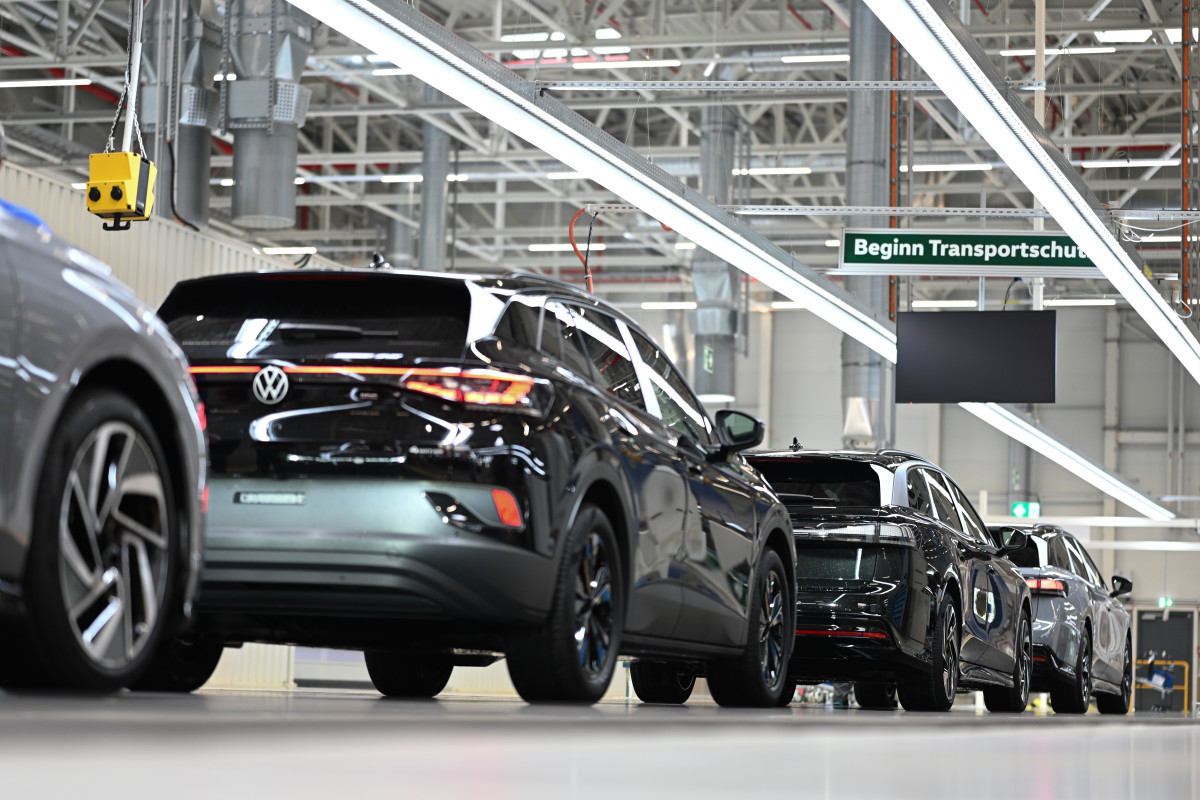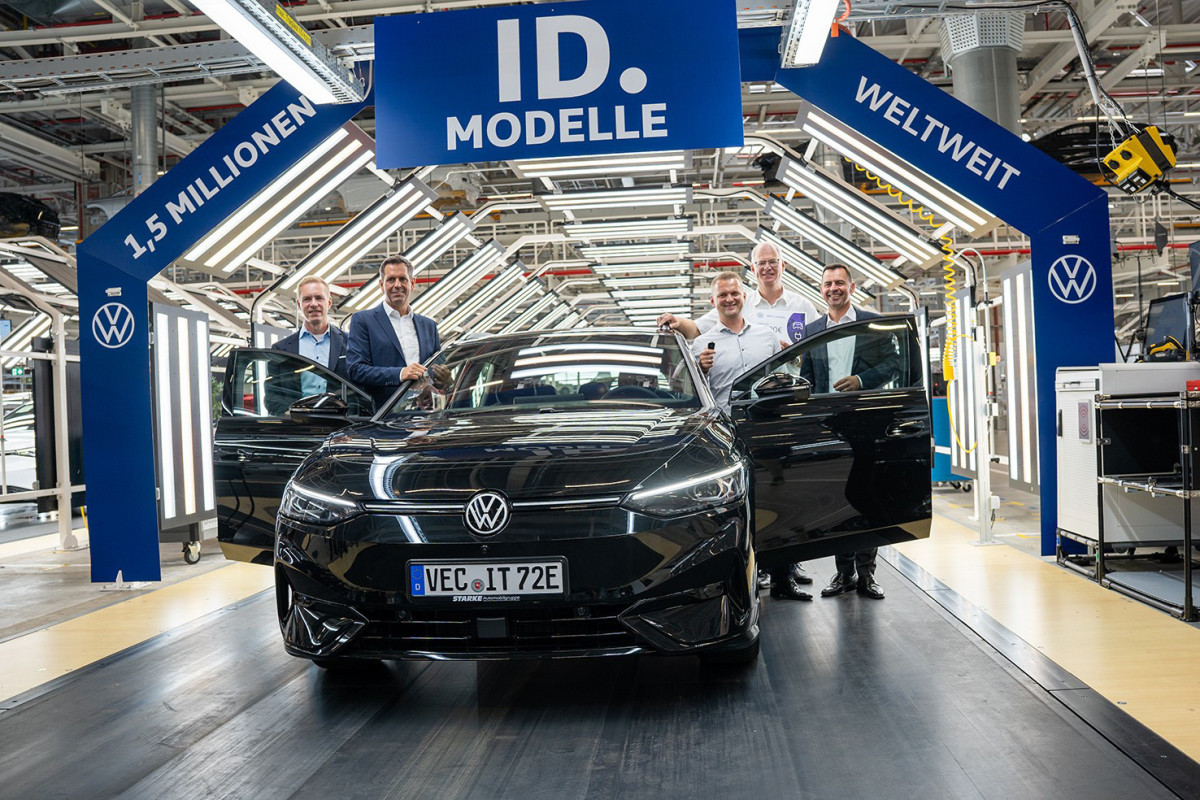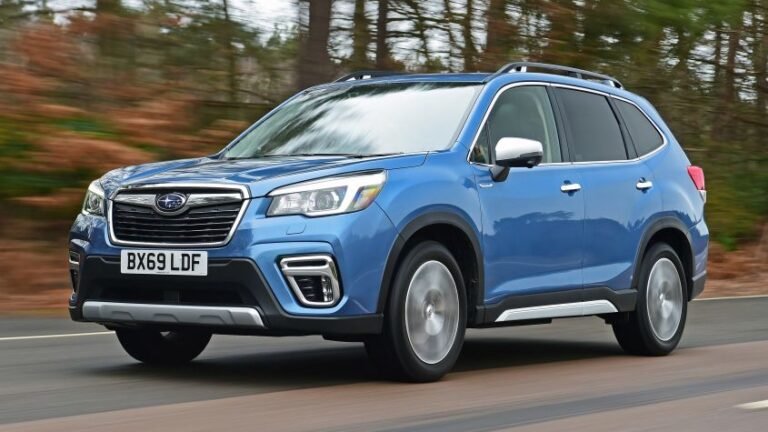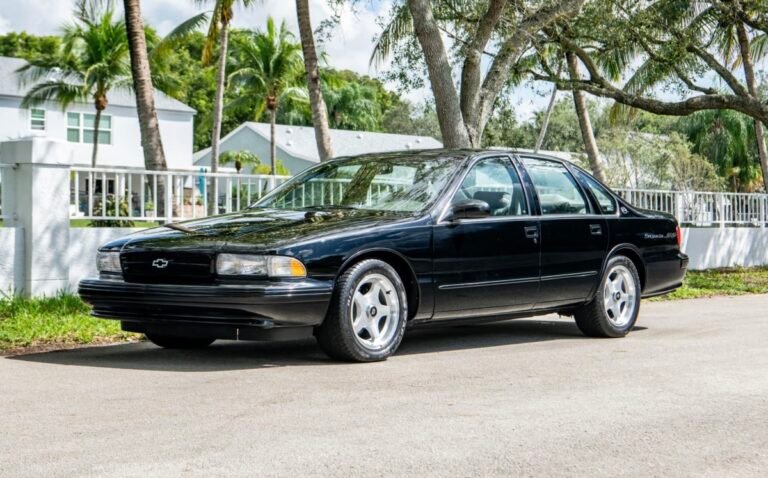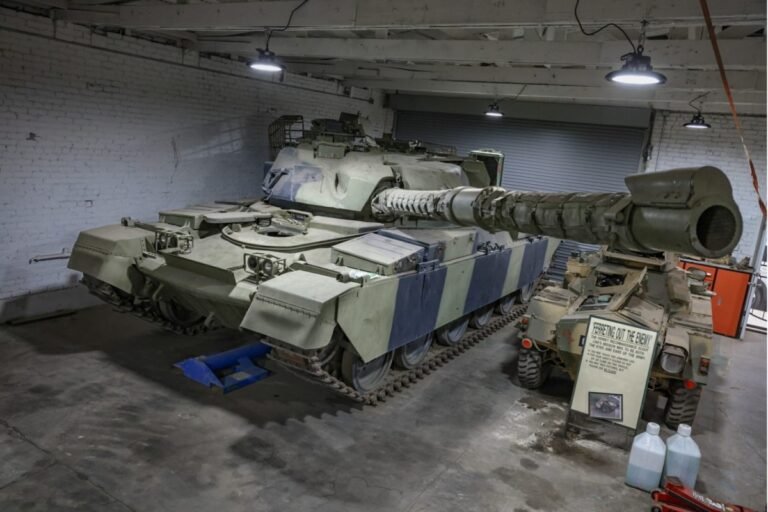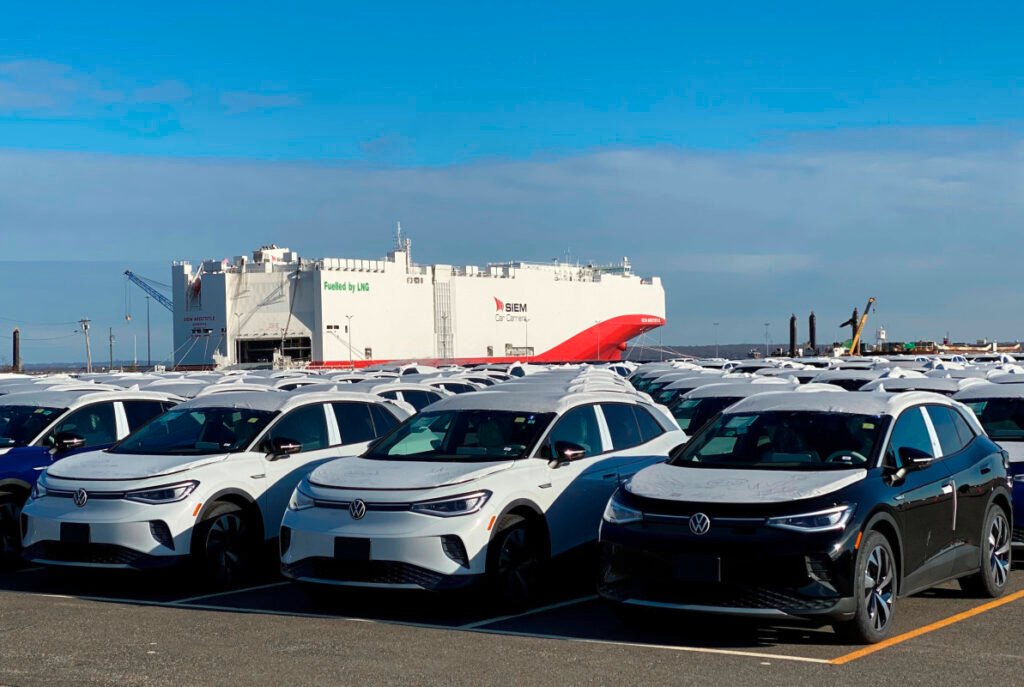
Volkswagen Group is facing a deepening financial crisis that could halt development of future vehicles, delay factory upgrades, and freeze product investment across its global lineup. The company is reportedly staring at an €11 billion gap in its upcoming 2026 investment plan, forcing the supervisory board to delay approving a multi-billion-euro package that determines which new models get greenlit and which plants are modernized. German outlet Bild reports the approval process could take months, warning that the uncertainty won’t just affect Volkswagen, it will cascade into its vast supplier network, stalling development projects and putting major product programs at risk.
This financial strain is landing at the same time Volkswagen’s U.S. business posted a 67% collapse in profit, a sign that margins are tightening at a moment when the company needs cash more than ever. Meanwhile, rising production costs, weakening demand in China and Europe, and the massive expense of the EV transition are putting additional pressure on Europe’s largest automaker.
Investment Freeze Threatens Future Models
Volkswagen’s investment pause impacts nearly 100 global factories, including planned upgrades in Europe and the U.S. With the board unable to finalize the budgeting package, several late-decade models may be postponed or canceled outright. These decisions affect everything from vehicle design and battery sourcing to the timelines of future EVs and crossovers.
The delay also adds a new chapter to Volkswagen’s long U.S. journey, but even as the brand builds on decades of goodwill, the crisis leaves the future of upcoming U.S. models in limbo, particularly those tied to EV manufacturing expansion.
Financial Pressure Mounts
Volkswagen has committed roughly €160 billion in long-term spending across EVs, software, platforms, and plant modernization. Now, parts of that blueprint are frozen. Analysts note that VW’s operating margin has fallen sharply, to levels well behind rivals such as BMW and Mercedes, limiting its flexibility to push ahead with costly electrification projects.
Even so, certain bright spots exist. Volkswagen’s newest models, including high-volume SUVs, remain strong performers, with high-tier safety achievements, but isolated successes can’t offset the scale of the group-wide cash shortage.
Copyright 2015 Brandon Turkus / AOL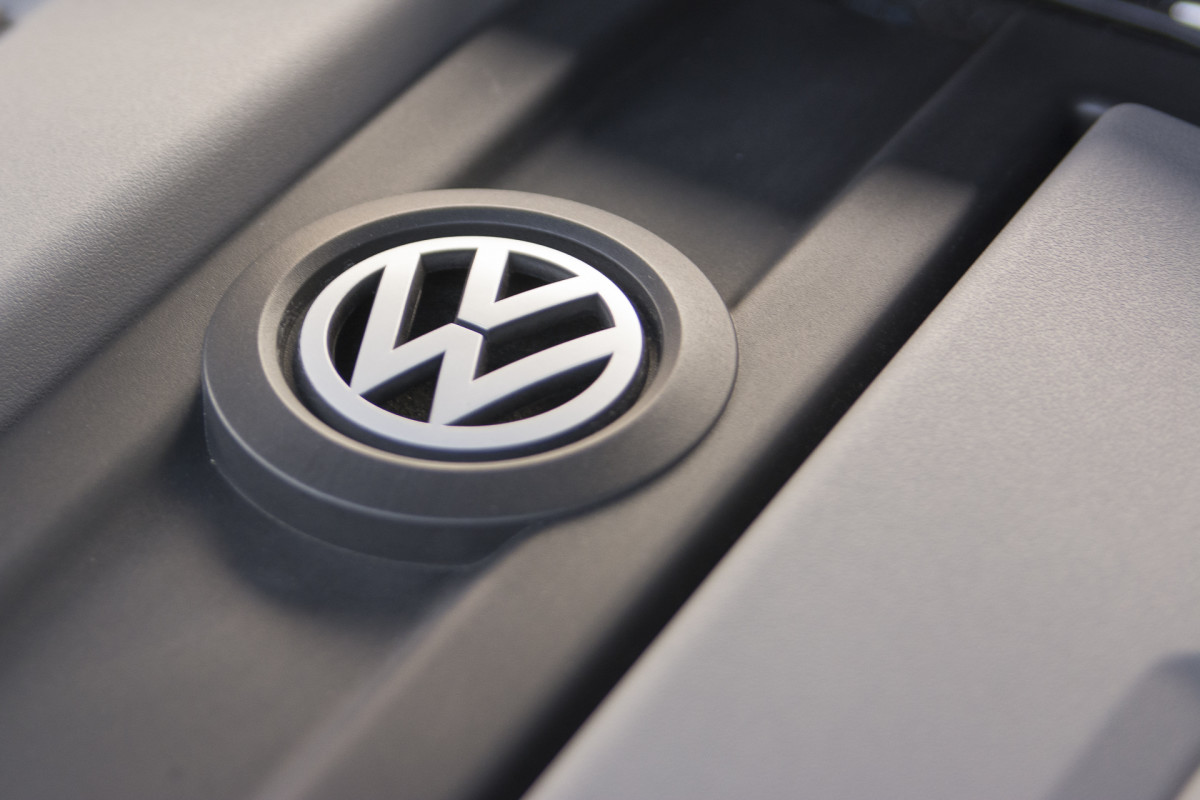
Why It Matters
If Volkswagen cannot resolve its financial gap soon, core product programs, including several next-generation EVs, could be delayed. Suppliers may experience order reductions as development stalls, and U.S. factory plans could remain frozen indefinitely. For consumers, this means fewer new Volkswagen models arriving over the next two to three years, and possibly scaled-back offerings in the critical EV segment.
The crisis highlights the growing challenges traditional car manufacturers are encountering as they try to switch to electric vehicles while dealing with worldwide economic difficulties. Volkswagen’s immediate future depends on whether it can get the necessary funding, bring back stability, and regain its momentum before these delays completely alter its global strategy.
